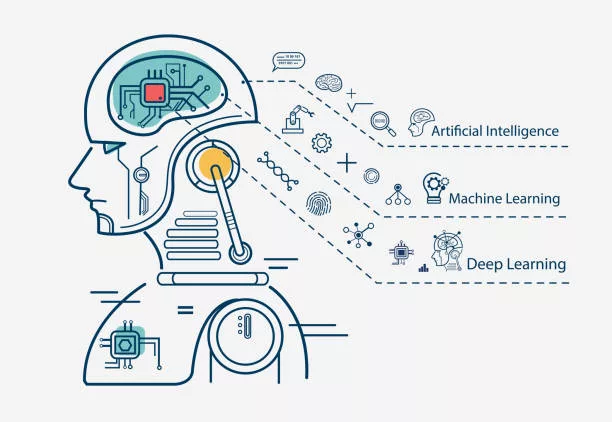Are you curious about the buzz around data science and machine learning but unsure where to start? Look no further! In today’s digital age, these fields have become crucial for businesses and organizations alike. From predicting customer behavior to identifying trends in healthcare, data science, and machine learning are transforming industries across the board. So read on to discover what exactly they are, how they differ from each other, and why they matter now more than ever before.
What is data science?
Data science is a field of study that deals with the use of data to inform decisions. In practice, data scientists work with large sets of data in order to identify patterns and insights that can be used to improve business processes or improve the performance of algorithms.
One key part of data science is machine learning. Machine learning is a set of techniques used to automatically learn from data in order to improve prediction accuracy or decision-making. Machine learning algorithms are trained on large datasets in order to learn how best to predict future events based on past experiences.
What is machine learning?
Machine learning is a subset of data science that focuses on building models that can learn from data. Models in machine learning are algorithms that are designed to make predictions about future events or behaviors based on past data.
There are several different types of machine learning models, including supervised and unsupervised ones. Supervised learning is when the model is given specific training data that informs it about the correct way to predict outcomes. Unsupervised learning, on the other hand, doesn’t have any training data and instead relies on the network itself to “learn” how to make accurate predictions.
There are many different ways to apply machine learning, including:
- Prediction: Using machine learning to make predictions about future events or behaviors
- Classification: Predicting which items in a data set are specific categories, like customers or products
- Regression: Predicting how a certain variable (e.g., sales) changes over time
- Clustering: Grouping data items together in ways that can provide insights about the data
How do data scientists and machine learners work?
Data science is a discipline that involves applying mathematical and statistical methods to data for the purpose of extracting insights that can inform decision-making. Machine learning is a subset of data science that uses algorithms to make predictions by extracting patterns from data. The goal of both data science and machine learning is to make predictions about future events or trends based on past data.
What are the benefits of data science and machine learning?
Data science and machine learning are indeed among the most prominent data-centric fields today. You can employ them to analyze vast datasets and derive valuable insights that can aid businesses in enhancing their operations and decision-making processes.
There are a number of benefits to using data science and machine learning:
Machine learning can improve decision-making by providing better predictions. It can also help identify patterns in data that may not be obvious to humans.
Data science can help scientists and engineers make sense of big data. It can also help them develop new models and techniques for extracting insights from data sets.
In addition, data science and machine learning can help companies boost their productivity by automating tasks or processes. This can lead to decreased costs and increased efficiency.
How can businesses apply data science and machine learning?
If you’re like most business professionals, you’ve probably heard the term “data science” but don’t really know what it is. Or, if you have some familiarity with the topic, you may not be sure how to apply data science and machine learning techniques to your business problems. In this article, we’ll discuss what data science is and how businesses can use it to improve their operations.
First, let’s define data science. It’s a branch of computer science that deals with the manipulation of data in order to achieve specific business objectives. In other words, data scientists use mathematical algorithms and software tools to analyze large volumes of data in order to identify patterns and insights that can help businesses improve their performance.
One key aspect of data science is the application of machine learning techniques. Machine learning is a subset of artificial intelligence (AI) that allows computers to learn from experience by analyzing large amounts of data. That means data scientists can use machine learning algorithms to automatically discover patterns in datasets without needing explicit training instructions from a human operator. This makes machine learning an extremely powerful tool for extracting insights from large amounts of data.
The application of machine learning techniques can result in significant improvements in business performance. For example, auto-suggestion algorithms can help users make faster decisions by suggesting potential solutions to problems as they type into a search engine box or on a web page. Predictive Analytics technologies can also help companies better understand customer behavior so they can make smarter marketing decisions based on that data.
In addition to using machine learning and data science techniques to improve business performance, businesses can also use them to protect their data privacy. Indeed, deep learning algorithms are adept at discovering patterns within extensive datasets. It might be challenging or even impossible to discern through other means. This technology has applications in identifying unauthorized access attempts or detecting potential compromises of sensitive information.
Ultimately, the goal of data science is to achieve better business outcomes by leveraging the power of data and machine learning. By understanding what data science is and how businesses can apply it, you’ll be well on your way to becoming a proficient practitioner yourself.





